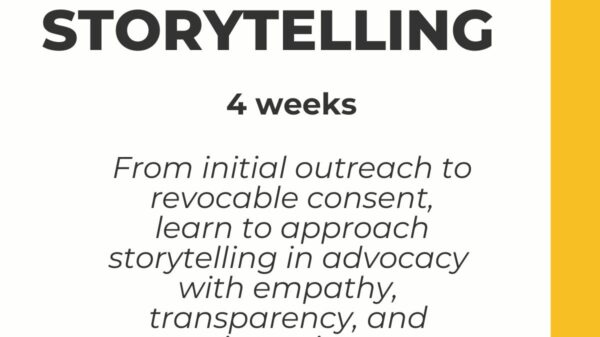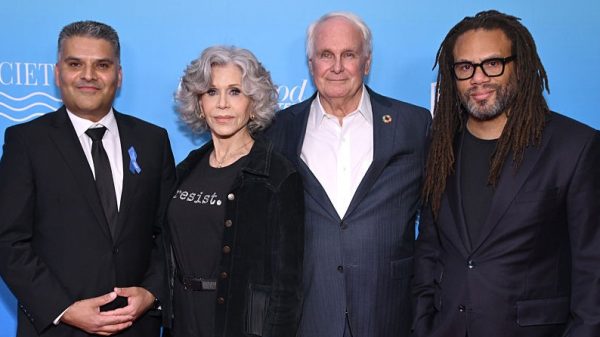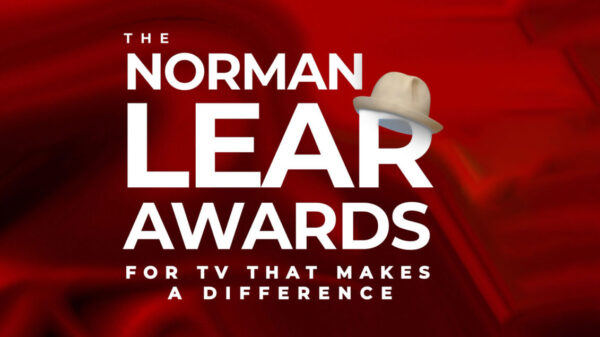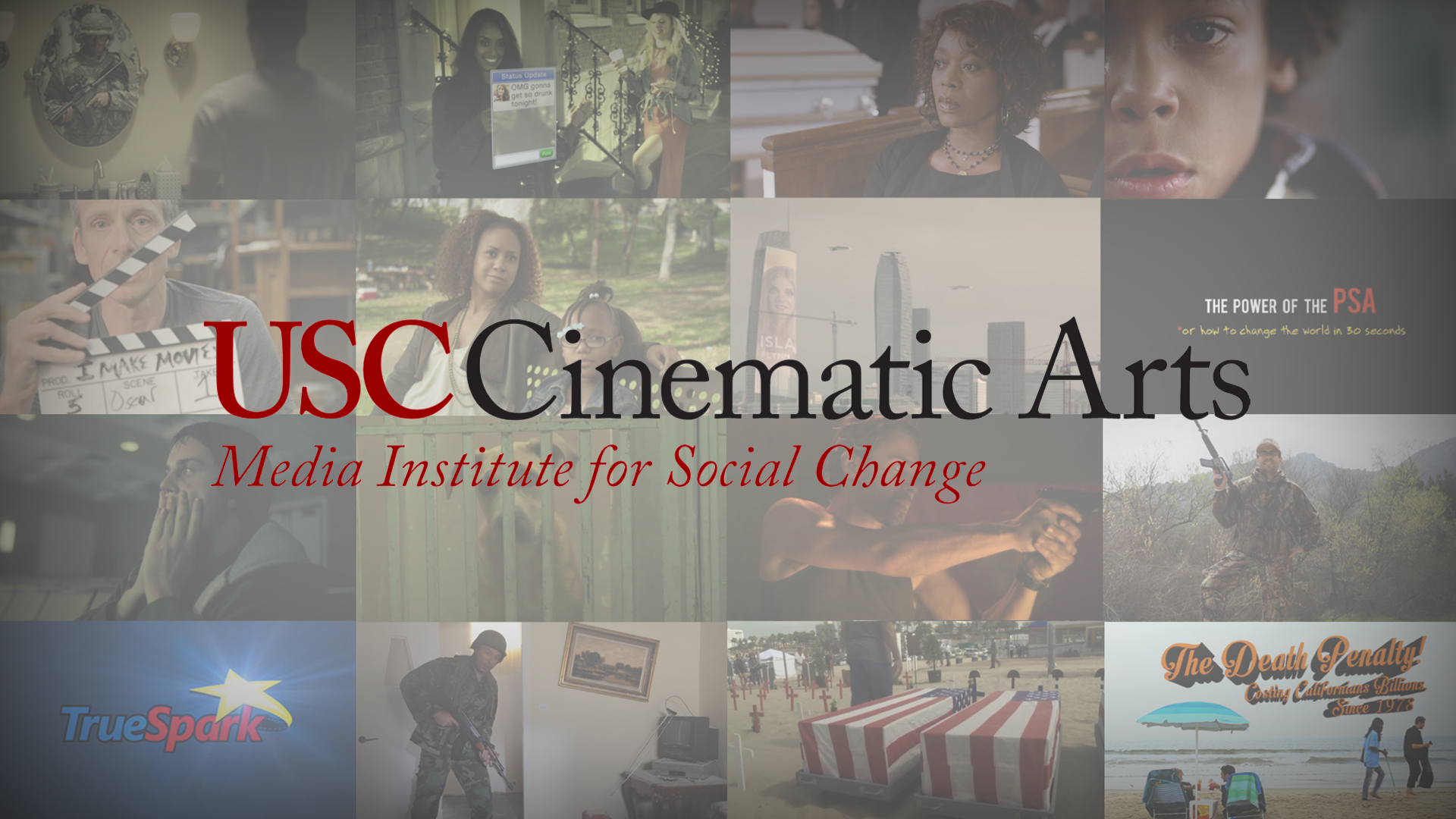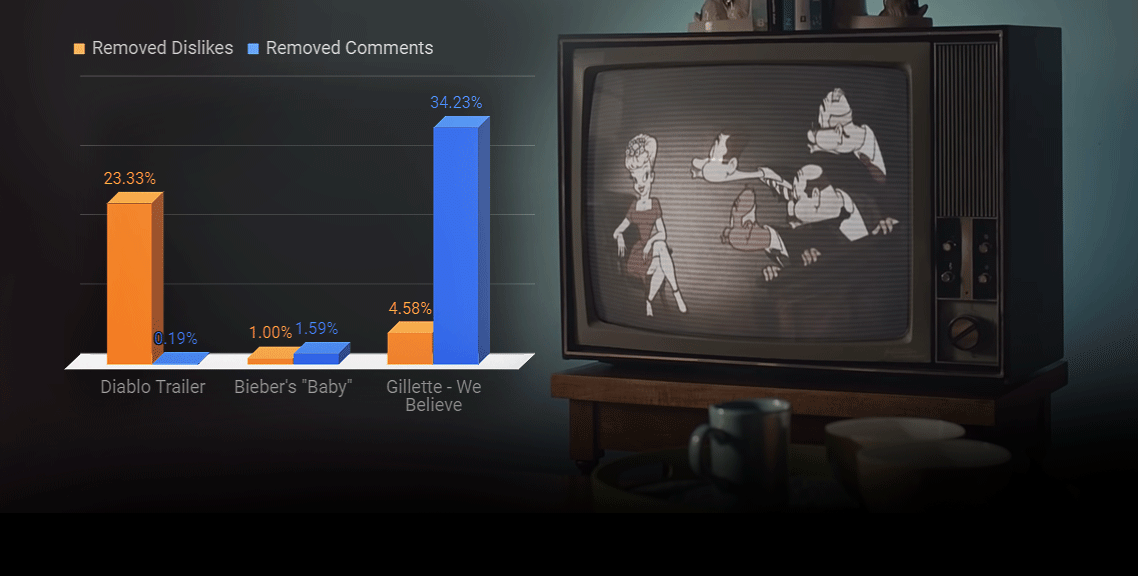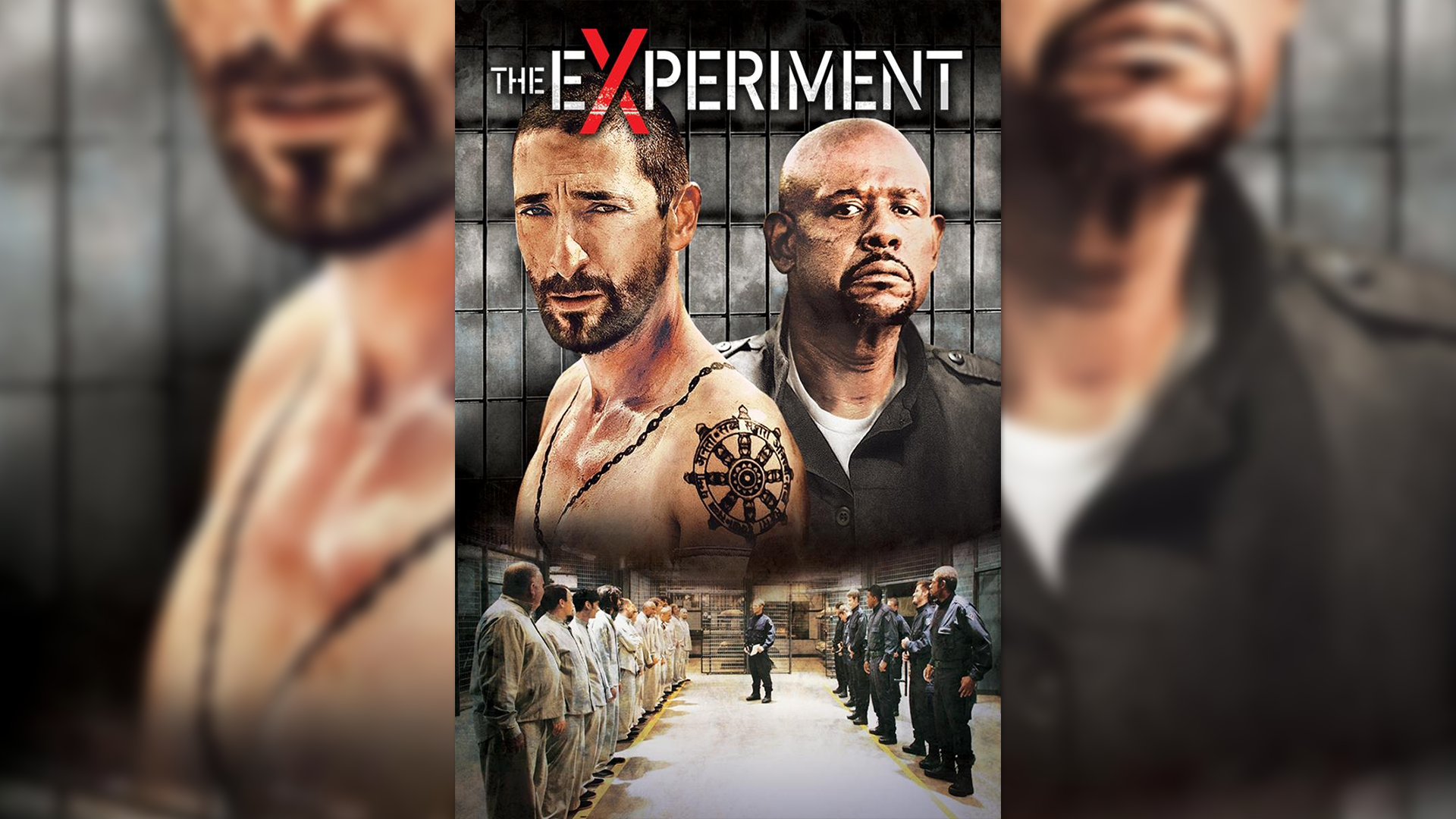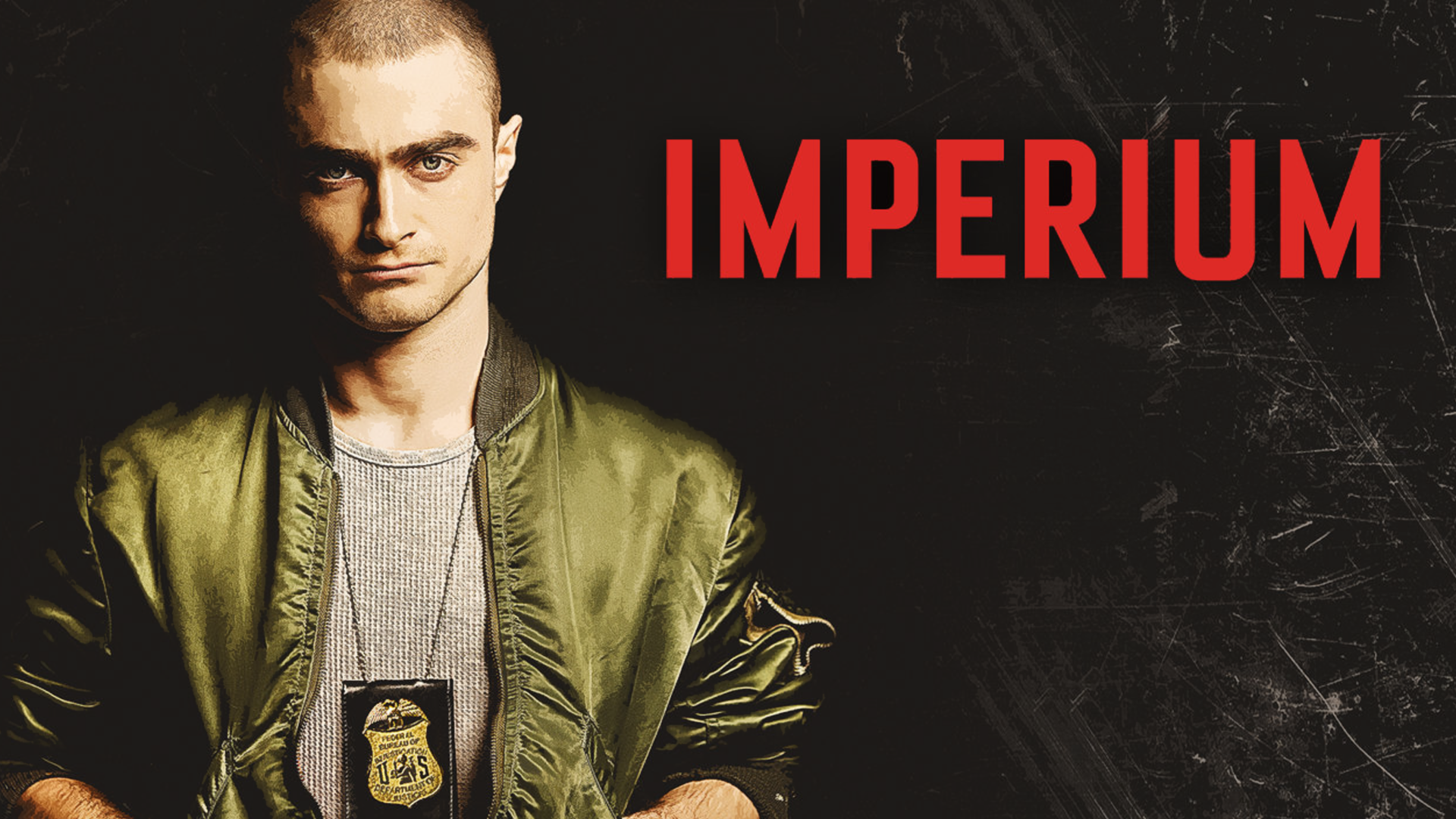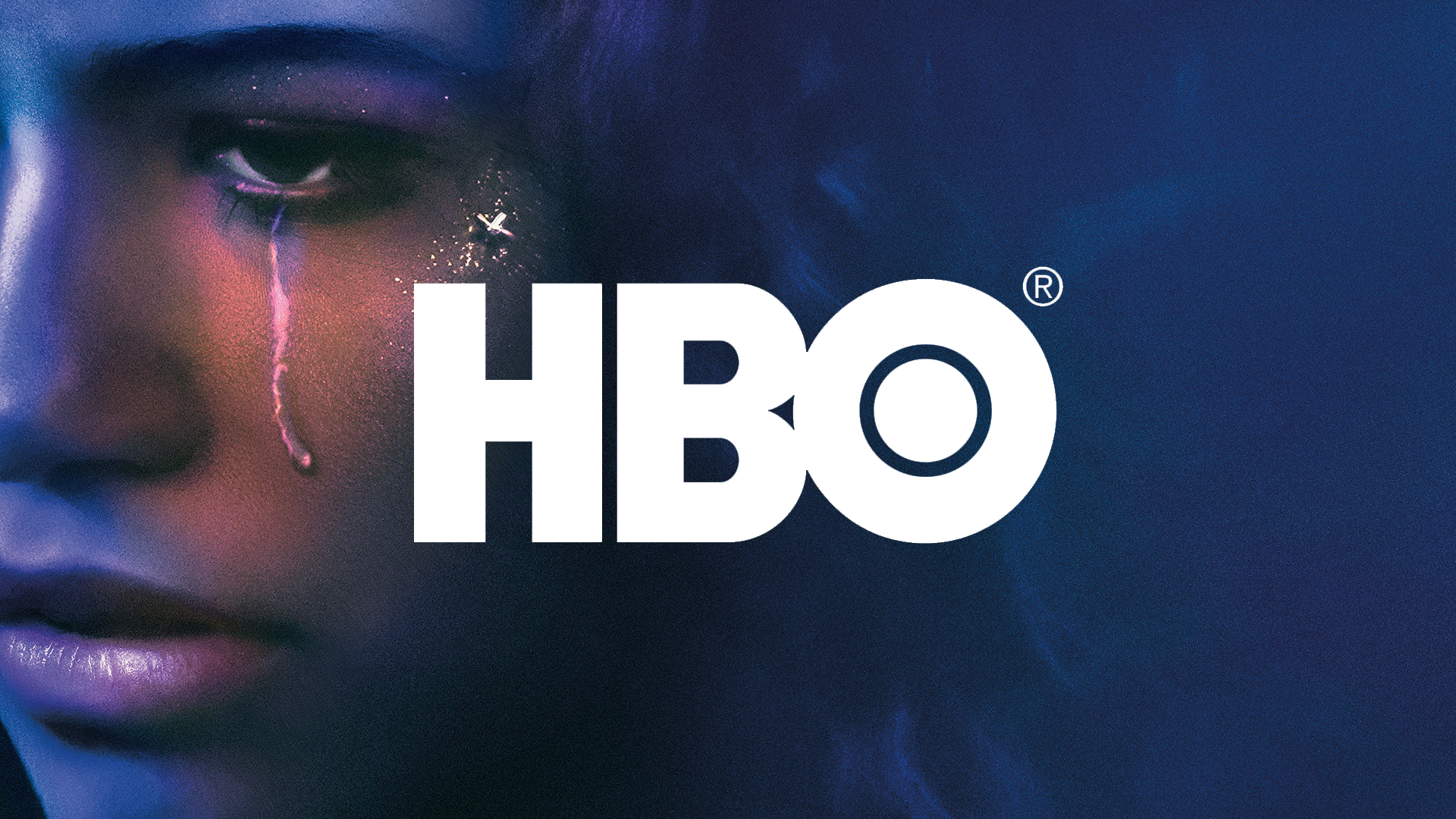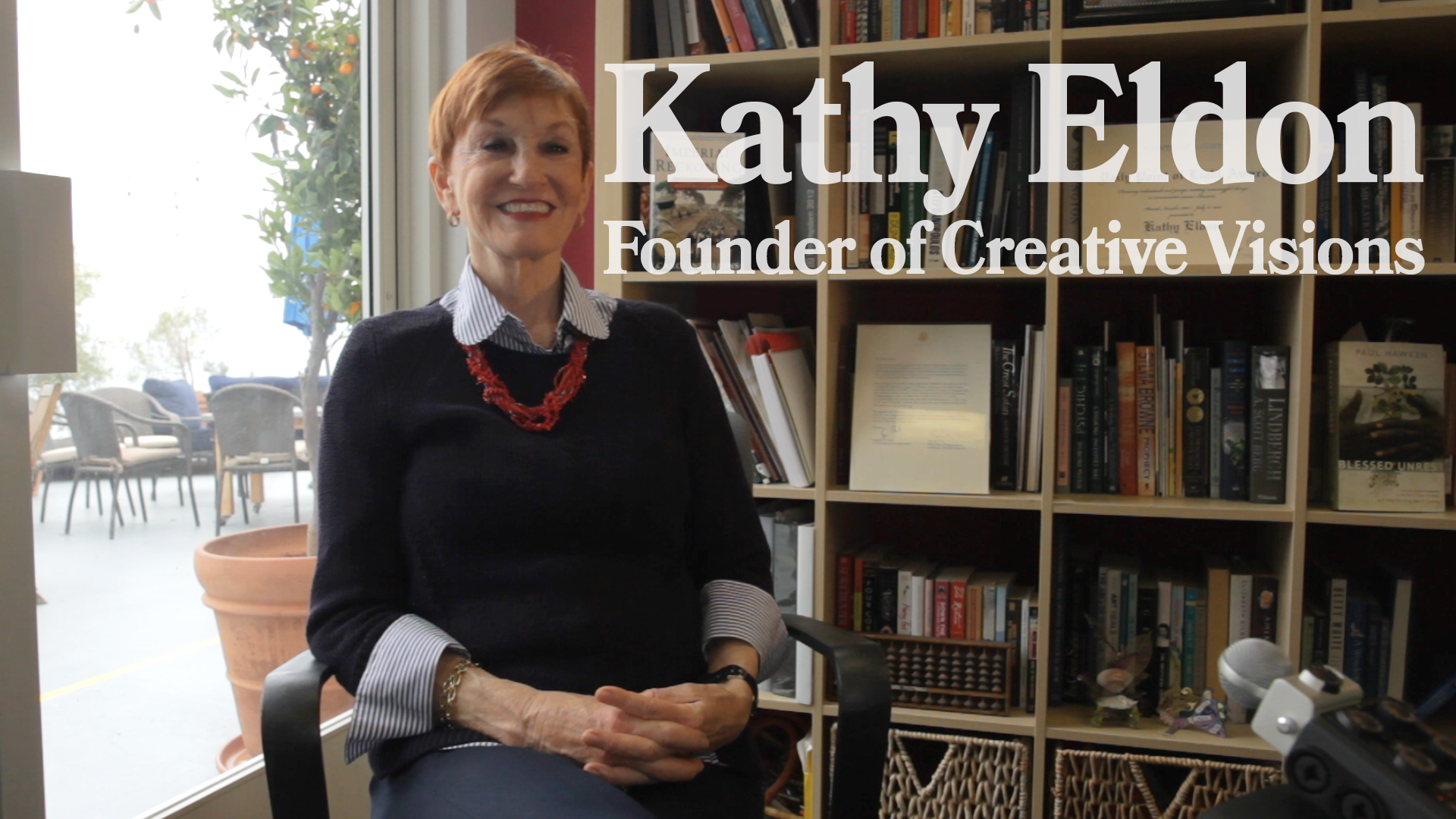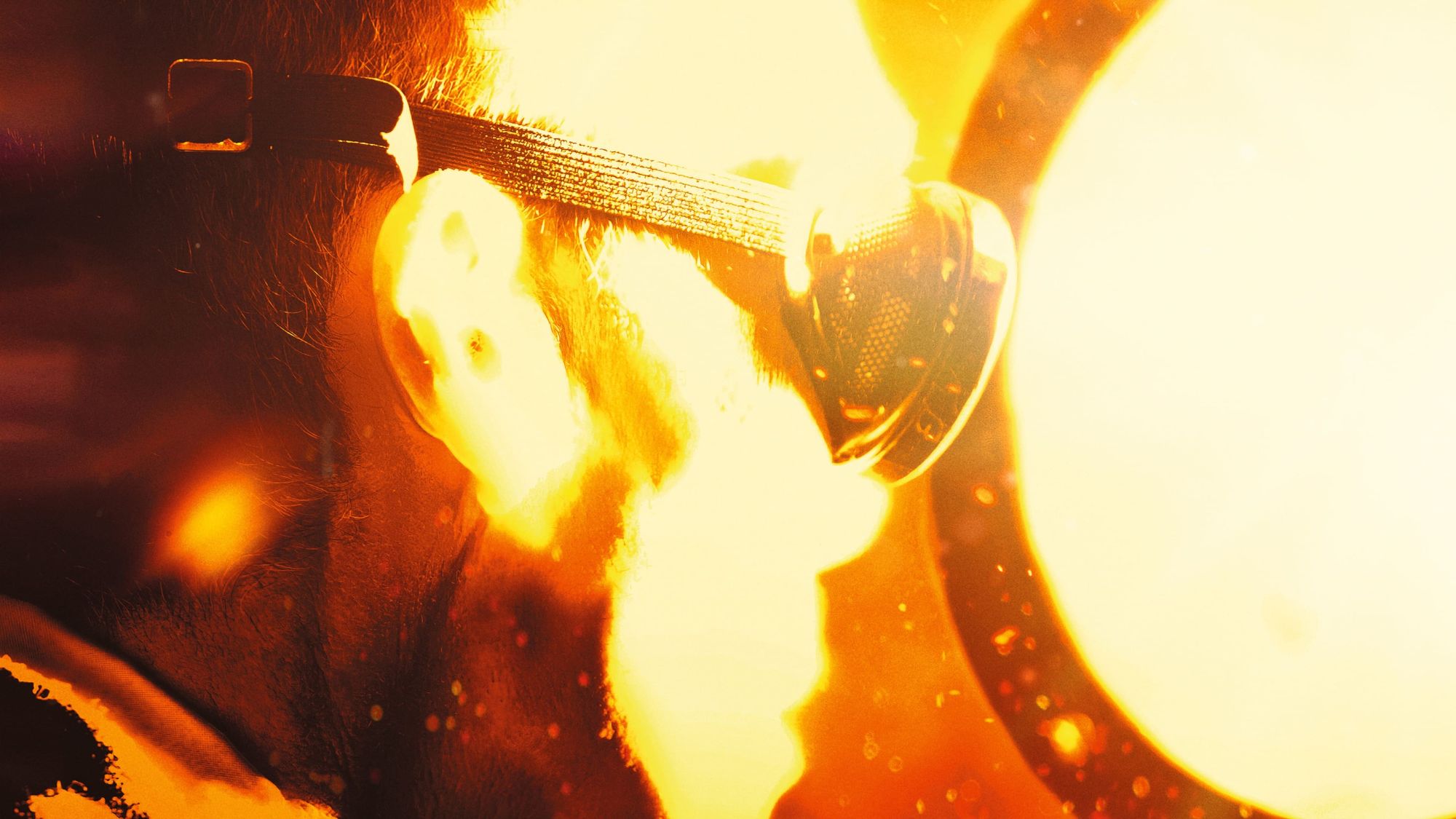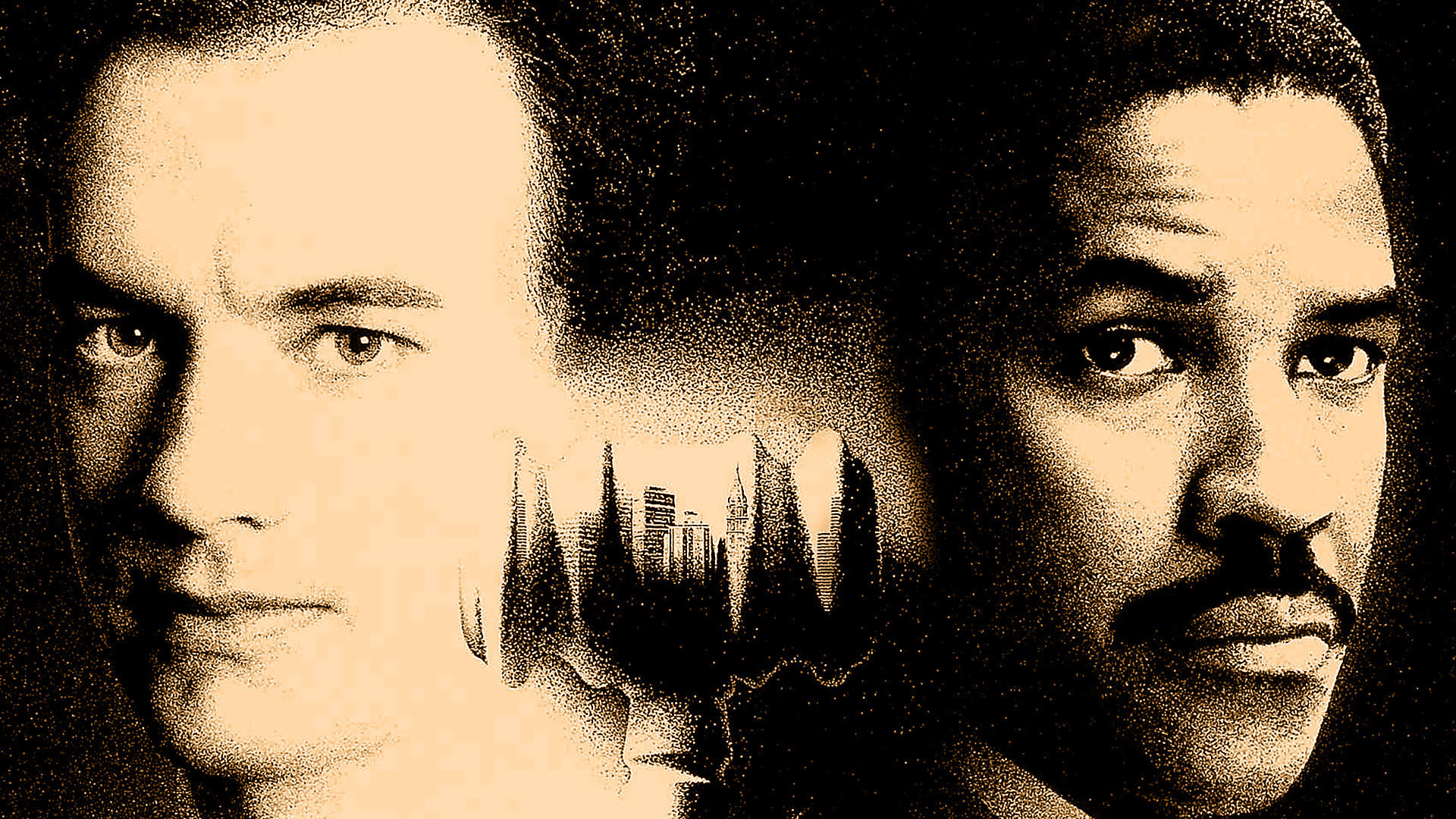Why should I see Oppenheimer?
Great stories thrive on conflict, and J. Robert Oppenheimer could be one of history’s most conflicted men. His abject horror at the legacy of his work makes for a rich morality tale – one that director Christopher Nolan transforms into an astounding theatrical experience.
What social causes does Oppenheimer explore?
War & Peace, Science & Technology
Time and space. Memories and dreams. Four-dimensional planes. If there’s a concept that makes your brain itch just thinking about it, chances are that Christopher Nolan has somehow shown it on the big screen.
Call it The Nolan Effect: from Inception to Interstellar, Memento to Tenet, the British-American filmmaker has made a career out of intelligent, challenging films that distort the very fabric of where stories on celluloid can take us.
Now with Oppenheimer, Nolan bites off perhaps his chewiest challenge yet. Bullets that fire backwards are one thing, but how do you put profound remorse and global consequences on screen? And even tougher: how do you turn a three-hour drama about a theoretical physicist into an enthralling, must-see event?
*no offence to any fascinating physicists reading this : )
The first thing to understand about Oppenheimer – this isn’t a movie you chuck on in the background while scrolling Insta. Nolan intentionally challenges us, playing with time, flashbacks and multiple perspectives to actively engage us in piecing the story together. We’re not just being told a story – we’re being immersed in one.
The pace moves quickly, in two distinct timelines. There’s “Fission”, set in 1954, and “Fusion”, where the year is 1959. Both are set against the backdrops of government hearings, but each of these timelines flash back to all the meaty stuff: Oppie’s formative years at Cambridge, his development of the Manhattan Project and of course, the explosive “Trinity Test”.
These flashbacks aren’t always in sequence, and the timelines skip and jump around too. Confused yet? The trick to keeping track is the visuals: everything in colour is showing us the action from Oppenheimer’s point of view. If it’s in black & white, it’s the perspective of his in-film nemesis of sorts: Chairman of the Atomic Energy Commission, Lewis Strauss.
So Nolan wants us on our toes and paying attention, because this is a film with plenty to say about both the pages of history and our world today. How far should humankind push our zeal for advancement? Who makes the call on morally-questionable inventions that could have huge ramifications? By turning to the past, can we warn ourselves away from a dark future?
Does Oppenheimer play fast and loose with history?
For a dense and dialogue-packed drama, Oppenheimer does well to hold us in its thrall. The film noticeably leans on flashy editing and a near-constant music score to keep us glued to a narrative that you could unkindly describe as “important men doing important talking in important rooms”. Lots of talking. As an attention-grabber, it’s a tough hill to climb.
On the plus side, the inherent ‘good vs. evil’ foundation of this story is pure moviemaking gold. There’s an obvious thrumming of vengeance running under Oppenheimer’s hood. It’s clear that the USA found itself in a theoretical arms race with Germany: if we don’t build it, they will.
The film has come in for criticism for failing to depict the infamous bombings from the Japanese perspective, citing this as “erasure” that “prioritises white American experiences”. Others push back on this argument, reasoning that the victims’ stories are theirs to tell – for Nolan to do so would be reappraising WWII through a contemporary, racially-sensitive lens that would rub further salt into history’s wounds.
“Oppenheimer succeeds as a rather intimate portrait of what an extreme moral conundrum can do to a person’s soul.” ~ IndieWire
As for the man himself, according to historians the real-life Oppenheimer was famously complex, with an eventful and unusual backstory. So while Nolan stretches the truth a little (like any movie), he didn’t have to stretch it far. By all reports, Oppie the movie does capture Oppie, the man fairly faithfully – even the far-fetched bits.
Yes, Oppenheimer did try to poison his tutor. Yes, he really did deliver a lecture in Dutch, and yes, he and his wife really did hand their son to family friends to care after for a short while. (What about his lakeside chats with Einstein! we hear you cry? Chalk those up to creative licence.)
As for the physics and ethics, we’ll take the word of the good folk at Scientific American, who cheerfully confirm that Oppenheimer “takes great pains to be considerably accurate, both in a scientific and a historical sense. It’s not every day that you get a blockbuster of this calibre [about] issues that underpin a lot of our modern society and our global civilization.”
What does Oppenheimer have to say about morality?
One of the most gripping aspects of the film is watching Oppenheimer wrestle with the moral implications of his actions. He’s a man who found himself at the forefront of groundbreaking science (even landing on the cover of TIME magazine!) only to see that breakthrough twisted into a devastating weapon.
“That was one of the trickiest things: plotting Oppenheimer’s moral journey through this story,” said actor Cillian Murphy about his role. “He’s kind of dancing between the raindrops through a lot of it, in terms of where he stands morally with his job at the Manhattan Project, and how his changing, evolving stances put him in conflict with other people.”
“The whole film is about consequences” ~ Christopher Nolan
There’s a string of innate contradictions to Oppenheimer, the man and the movie. It’s partly what makes the viewing experience so layered and, yes, challenging. He was raised by German-Jewish immigrant parents, but “always insisted that he was neither German nor Jewish,” according to biographers. Yet Oppie’s on record as saying that he had “a continuing, smouldering fury about the treatment of Jews in Germany,” and when the bomb was finally dropped on Japan, his only immediate regret (shouted to a cheering crowd) was that he hadn’t built it quickly enough to use on Germany too.
While the film makes it clear that this is bravado for show – an act, if not an outright fantasy sequence – it also doesn’t shy away from these complex moral contradictions. At one moment, we have a man basking in applause for decimating Hiroshima and Nagasaki: “I’m sure the Japanese didn’t like it!”. The next, a man crippled with existential remorse, quoting his famous paraphrase (from the Hindu scripture Bhagavad-Gita): “Now I am become death, the destroyer of worlds.”
It’s fascinating to watch the electric passion of a scientist at the very forefront of something start to crumble and shake at its implications: Nolan literally and violently shakes the backdrop of some scenes as a metaphor for Oppenheimer’s mental state. As Slate describes it, Oppenheimer is “a tortured soul – enthralled by the science, then racked by guilt over the hellscape it unleashed.”
What does Oppenheimer have to say about today?
There’s a pretty stark parallel to the events of Oppenheimer hanging in the air in front of all of us today, and you can spell it with two little letters: AI. Christopher Nolan has been outspoken about the existential dangers of self-aware software: ones & zeroes that could literally control the planet’s nuclear arsenal. He urges tech developers to take heed of the past.
“What I would want them to take away [from the film] is the concept of accountability,” Nolan said in a recent interview. “When you innovate through technology, you have to make sure there is accountability. They just don’t want to take responsibility for what that algorithm does. And applied to AI? That’s a terrifying possibility. Terrifying.”
As Esquire points out, Oppenheimer presents us with a paradox: “that in realising a bomb could be built, America should build it; and in building it, that America should not use it.” It’s impossible not to compare that 80-year-old conundrum with the one we face today.
Don’t run for your underground bunkers just yet – tech experts are at least as self-aware in their pursuit of AI as the algorithms they create. American software engineer Alan Cooper titled a keynote speech he gave here in Australia “The Oppenheimer Moment”, summing it up as “that moment when you realise that your best intentions were subverted. When your product was used in unexpected and unwanted ways.”
Nolan shows us Oppenheimer’s own moment of indescribable regret, breaking down (in front of President Truman, no less) after his creation was used to devastating effect against Japan. It’s the same “what have we done!?” scenario that software engineers and tech oligarchs are wrestling right now.
What are critics saying about Oppenheimer?
- “It’s a movie investigating the nature of power: how it is created, how it is kept in balance, and how it leads people into murky quandaries that refuse simplistic answers.” | VOX
- ”It’s at once a speeding roller-coaster and a skin-tingling spiritual portrait; an often classically minded period piece that only Nolan could have made.” | DAILY TELEGRAPH
- “A mainstream offering of uncommon resonance, sending the viewer out of the theater head-spun and itchy-eyed, ears ringing from all its sophisticated, voluble explosion.” | VANITY FAIR
- ”Offers an indelible portrait of the age when people began wielding power they couldn’t necessarily control… few movies have so disturbingly crystallized the horror of opening Pandora’s box.” | INDIEWIRE
Fully on board, or disagree big time? We’d love to hear your take. Leave a review to share your thoughts with the good.film community!
So what’s the takeaway from Oppenheimer?
Glancing around our full theatre, we couldn’t help but chuckle at the power of Christopher Nolan. Like Spielberg or Kubrick, he’s become a single-name brand who’s built a steady reputation as an absolute audience magnet, no matter how brainy his subject matter.
This time, he’s somehow managed to lure crowds to a Lord-of-the-Rings-length, partially black & white drama built around two government hearings and a theoretical physicist. Somewhat of a miracle, no?
On a purely surface “movie” level, Oppenheimer is often astonishing, with a pair of A+ performances front & centre (Cillian Murphy & Robert Downey, Jr.) and some truly incredible cinematography and sound design. Sorry, Marvel Studios, but your CGI explosions will never cut the mustard again.
“Oppenheimer was a man of peace and they destroyed him. He was a man of science and they destroyed this man.” ~ Physicist Isidor Isaac Rabi
We can’t not mention the downsides. It’s not a breezy film, for obvious reasons. It’s hugely talky and cerebral, and many will find its mashup of labyrinthine flashbacks and perspective shifts frustrating and confusing (even with our little visual trick in mind).
It’s a challenge to stay with, and it’s been made that way deliberately. But is Oppenheimer a shining example of how cinema can examine complex emotions, and twist the form anew to both dissect and reassess the human experience? You bet your A-bomb it is.
At a full 10 on the ‘grown up movie’ scale, and with a profound message about the legacy of our actions, Oppenheimer exists on a level unmatched; at least, until someone holds Scorsese’s beer while he readies Killers of the Flower Moon for October. Until then, we have Oppenheimer to bask in: a consummate, intelligent, big screen feat.



